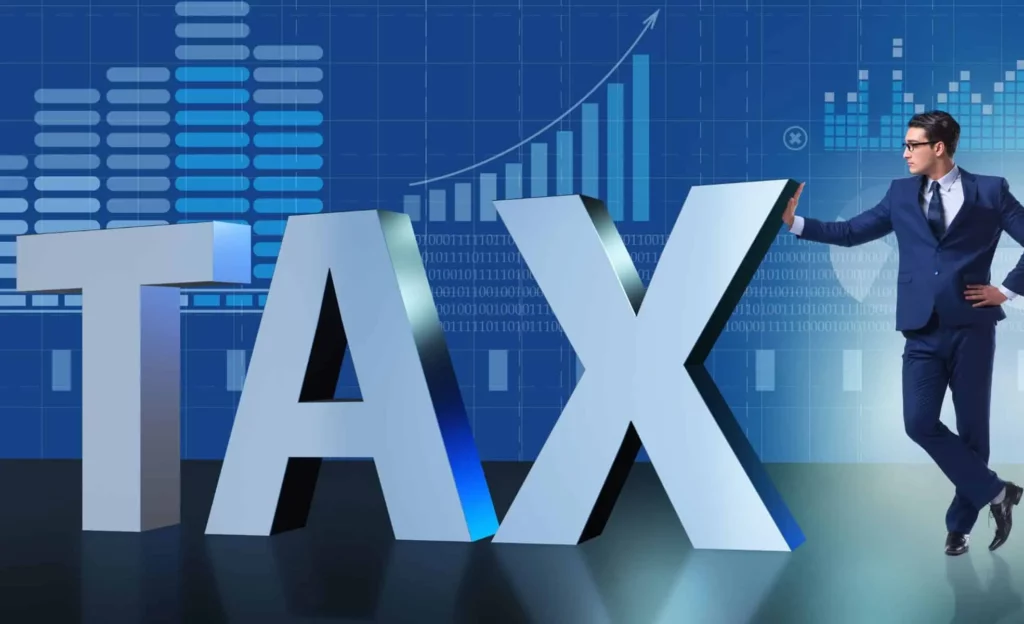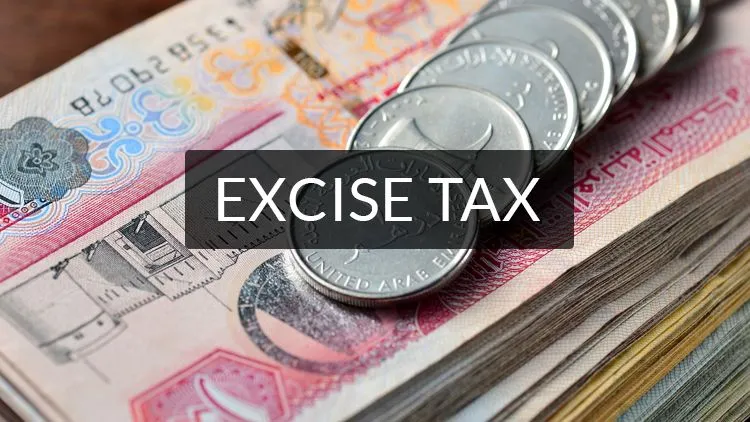The excise tax in UAE was introduced as part of a government initiative to reduce the consumption of harmful products and increase public revenue. Since its implementation in 2017, the tax has become a crucial component of the UAE’s tax structure.
As we are in 2025, businesses and consumers must stay updated with the latest regulations.
This guide provides a complete overview of excise tax for 2025, including applicable goods, rates, registration processes, filing requirements, and compliance tips.
What is the Excise Tax in UAE?
Excise tax is an indirect tax imposed on specific goods that are considered harmful to health or the environment. These are commonly known as “excise goods” and include tobacco products, energy drinks, carbonated beverages, and electronic smoking devices with nicotine or not.
The main goal of the tax is not just to generate revenue but to discourage unhealthy consumption habits.
Excise Goods in UAE (2025)
As of 2025, the Federal Tax Authority (FTA) continues to apply excise tax to the following categories:
| Excise Goods | Tax Rate |
| Tobacco and tobacco products | 100% |
| Carbonated drinks | 50% |
| Energy drinks | 100% |
| Electronic smoking devices | 100% |
| Liquids used in e-cigarettes | 100% |
| Sweetened drinks | 50% |
Note: Sweetened beverages include any drink that contains sugar or sweeteners, excluding beverages like milk or 100% natural fruit juices.
Who Should Register for Excise Tax?

If you are involved in any of the following activities in the UAE, you are legally required to register for tax:
- Importing excise goods into the UAE
- Producing excise goods for consumption in the UAE
- Stockpiling excise goods
- Operating a tax warehouse
Failing to register when required can lead to hefty fines and legal issues.
Excise Tax Registration in UAE
1. How to Register
You can register for excise tax through the Federal Tax Authority’s online portal.
2. Required Documents
- Trade license
- Emirates ID and passport copy
- Description of excise activities
- Customs code (if applicable)
- Warehouse information (if relevant)
Processing Time: 5 to 7 working days
For certified translations of your tax documents that meet FTA standards, our expert team in the UAE can help ensure compliance. Get in touch with us for reliable and accurate legal translation services in Dubai and the UAE tailored to your needs.
Payment and Filing Returns of Excise Tax
1. Payment
Payment must be made electronically via the FTA portal by the due date. Delays in payment can result in:
- Late payment penalties
- Interest on unpaid tax
- Administrative penalties
2. Filing Frequency
Businesses must file a tax return every month. Returns should be submitted within 15 days from the end of each calendar month.
Make your payments and file excise tax returns easily through the FTA’s EmaraTax portal.
Excise Price and Tax Calculation
Excise tax is calculated based on the excise price of the goods, which is the higher of:
- The retail selling price
- The designated standard price by the FTA
Example Calculation:
If an energy drink has a retail price of AED 10:
- 100% tax = AED 10
- Total cost to the consumer = AED 10 price + AED 10 tax = AED 20
If a carbonated drink has a retail price of AED 20:
- 50% tax = AED 10
- Total cost to the consumer = AED 20 price + AED 10 tax = AED 30
Penalties for Non-Compliance (2025 Update)
Non-compliance with tax regulations in the UAE can lead to:
| Violation | Penalty |
| Failure to register | AED 20,000 |
| Failure to file a tax return | AED 1,000 (1st time), AED 2,000 (repeat) |
| Late payment | 2% of unpaid tax (immediate) |
Designated Zones and Tax Warehouses
Businesses storing excise goods may apply to become a tax warehouse. This allows the deferral of tax until the goods are released for consumption in the UAE.
Benefits of Tax Warehouses:
- Cash flow advantage by delaying tax payment
- Controlled and compliant storage
- Secure handling under FTA oversight
If you’re looking to start a business in the UAE, make sure to consult the necessary legal and tax requirements for a smooth setup.
Recent Updates to Excise Tax in UAE (2025)

As part of the UAE’s tax policy reforms in 2025:
- Stricter audits for stockpilers and importers
- Increased enforcement in free zones
- Digitalization of tax filing with AI-based monitoring
- Potential inclusion of new products (under review)
Businesses must keep track of any announcements from the Federal Tax Authority.
Impact of Excise Tax on UAE Businesses
While tax affects end-consumers, businesses must bear the responsibility of compliance. Here’s how:
- Retailers need to adjust pricing strategies
- Importers must maintain accurate customs documentation
- Warehouses must be properly registered and audited
- Online sellers dealing in excise goods must also comply
Ignoring tax can harm brand reputation, incur fines, and lead to business disruption.
Stay informed about the UAE corporate tax rate to ensure your business remains compliant with the latest regulations.
Tips for Excise Tax Compliance
- Register early and keep your FTA profile updated
- Track inventory of excise goods accurately
- File returns on time every month
- Retain all documentation (invoices, shipping, customs) for 5 years
- Consult with tax advisors to stay compliant with 2025 laws
Final Thoughts
Excise tax in UAE plays a vital role in shaping healthier consumption habits and enhancing public revenue. As 2025 brings tighter enforcement and digital oversight, businesses must act responsibly and stay informed.
This guide provides everything UAE residents and business owners need to navigate the current tax landscape.
For the latest information and updates, always refer to the official Federal Tax Authority (FTA) website.
Frequently Asked Questions (FAQs)
Q1: Is excise tax the same as VAT in the UAE?
No. Excise tax targets harmful products, while VAT applies broadly to goods and services.
Q2: Are small businesses exempt from tax?
No. If they produce, import, or store excise goods, they must register.
Q3: Can I reclaim excise tax?
This tax is not reclaimable, unlike VAT.
Q4: What is the penalty for missing an excise tax return?
AED 1,000 for the first offence, AED 2,000 for repetition.


